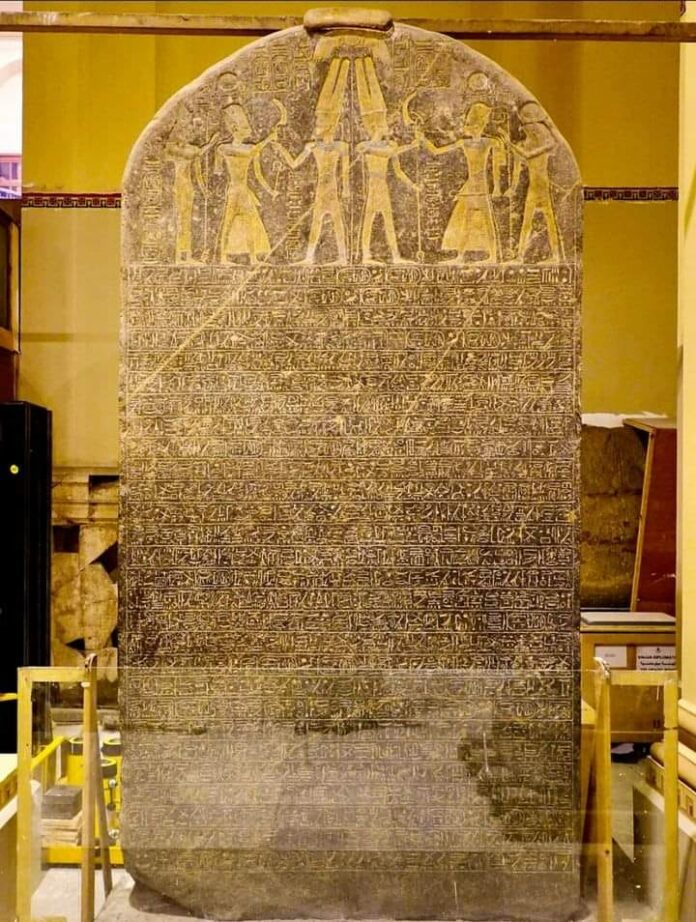The Merneptah Stele, also known as the Israel Stele, is a significant archaeological discovery that provides compelling evidence for the existence of Israel over 3,200 years ago. Unearthed by the renowned British archaeologist Flinders Petrie in 1896 at Thebes, this engraved stone slab depicts the military triumphs of Pharaoh Merneptah in 1207 B.C.E. Dated to the year 1205 B.C.E., the stele contains the earliest undisputed extra-biblical reference to Israel, shedding light on the ancient nation’s historical presence.
Unveiling Israel’s Early Existence
While Israel is mentioned by name in artifacts from the 9th century B.C.E., such as the Mesha Stele, Tel Dan Stele, and the Kurkh Monoliths, these references occurred 400 years after the Merneptah Stele’s dating. The inscription on the Merneptah Stele, dating back 3,200 years, indicates that Israel was an established power during that time, challenging the notion that they were a recently settled nomadic people in Canaan. This discovery forces scholars to reconcile with the fact that Israel was already a significant force in the region by 1207 B.C.E.
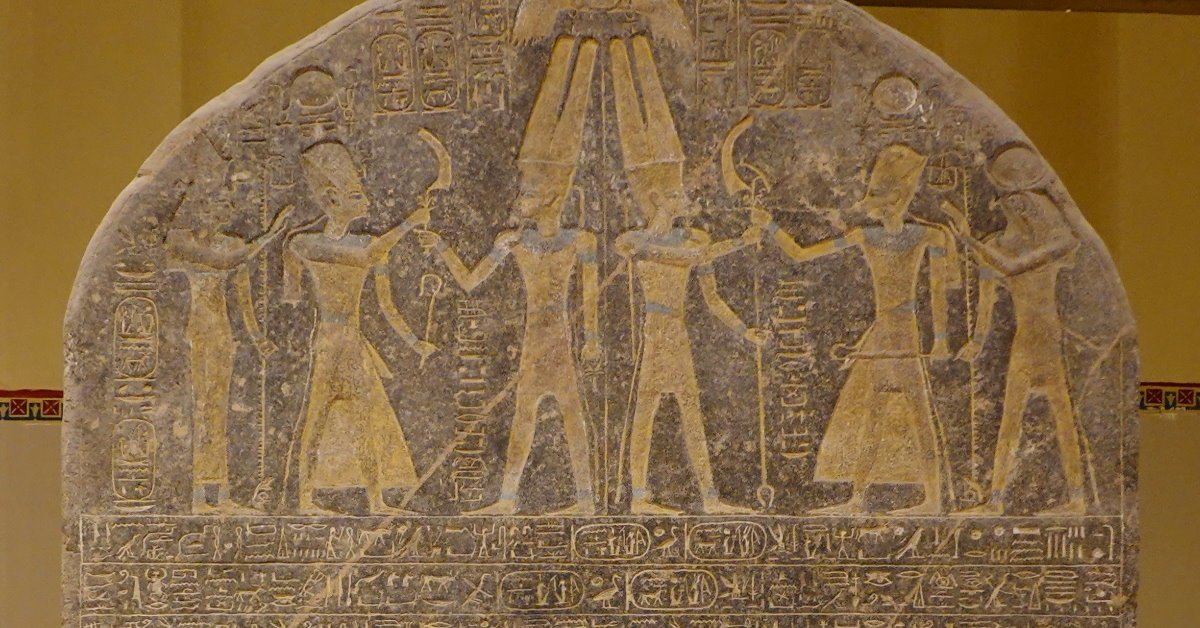
Merneptah, the 13th son of Ramesses II, is believed to have been a co-ruler and a dominant figure in the final years of his father’s reign. His military campaigns, documented on various ancient inscriptions, include the Victory Stele of Merneptah, which stands as a testament to his conquests.
The Testimony of the Merneptah Stele
The Victory Stele of Merneptah reveals 25 readable lines of hieroglyphic text, chronicling the Pharaoh’s successful campaigns in the land of Canaan. Notably, a section of the inscription reads:
“Canaan is captive with all woe.
Ashkelon is conquered, Gezer seized,
Yanoam made nonexistent;
Israel is laid waste, bare of seed.”
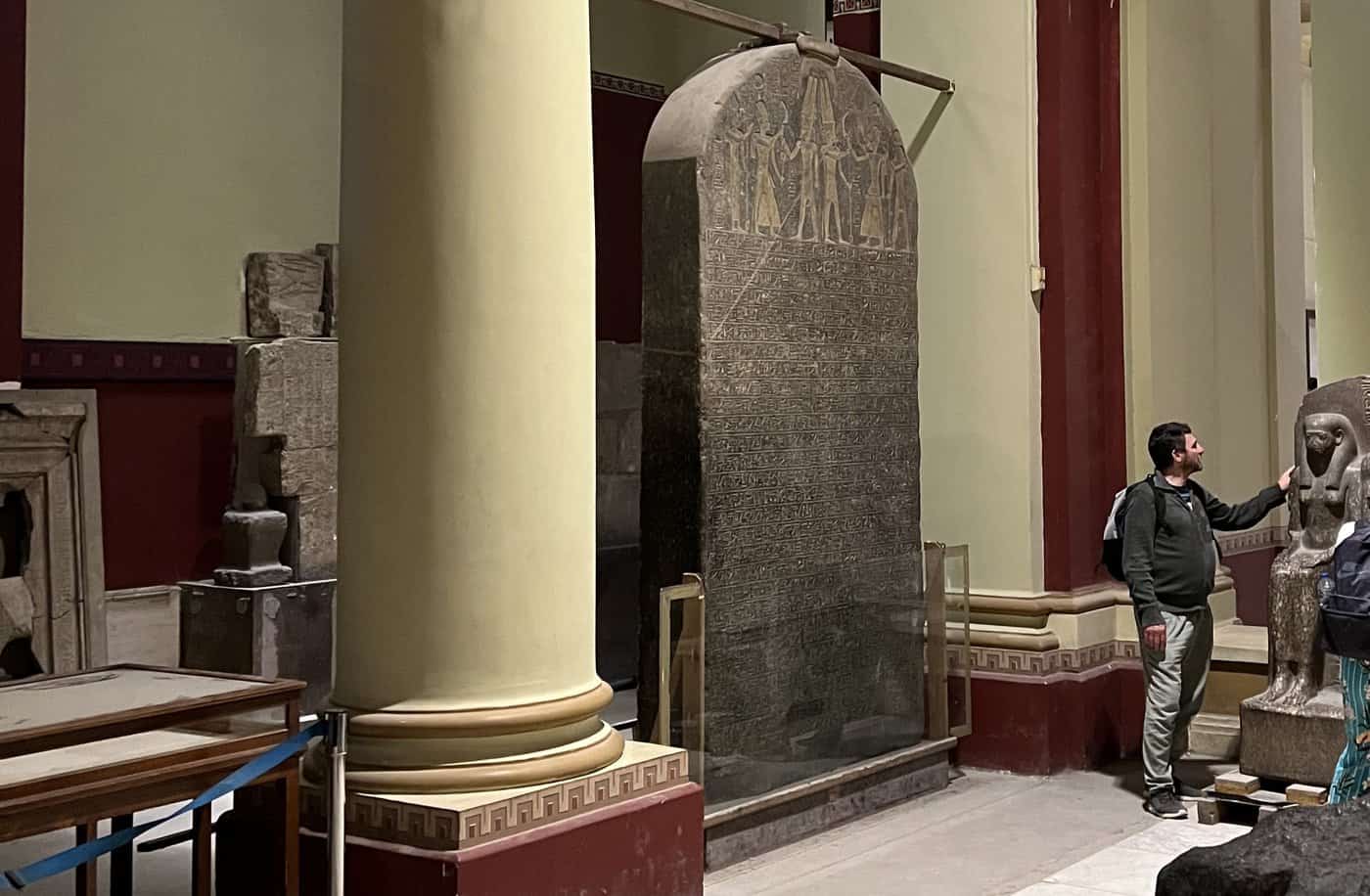
The mention of Israel in this ancient document suggests that they were a formidable people, significant enough for Merneptah to boast about their defeat. If Israel were merely a small nomadic tribe settling in Canaan at that time, Merneptah would have had no reason to celebrate their conquest. On the other hand, if Israel had already established itself over 200 years, constructed its own infrastructure, and possessed a formidable military, then their defeat would have been noteworthy.
It is important to note that the reference to Israel in the stele refers to the people rather than the land. Furthermore, it implies that Israel did not have a king, suggesting that they were still in the period of judges during Merneptah’s invasion.
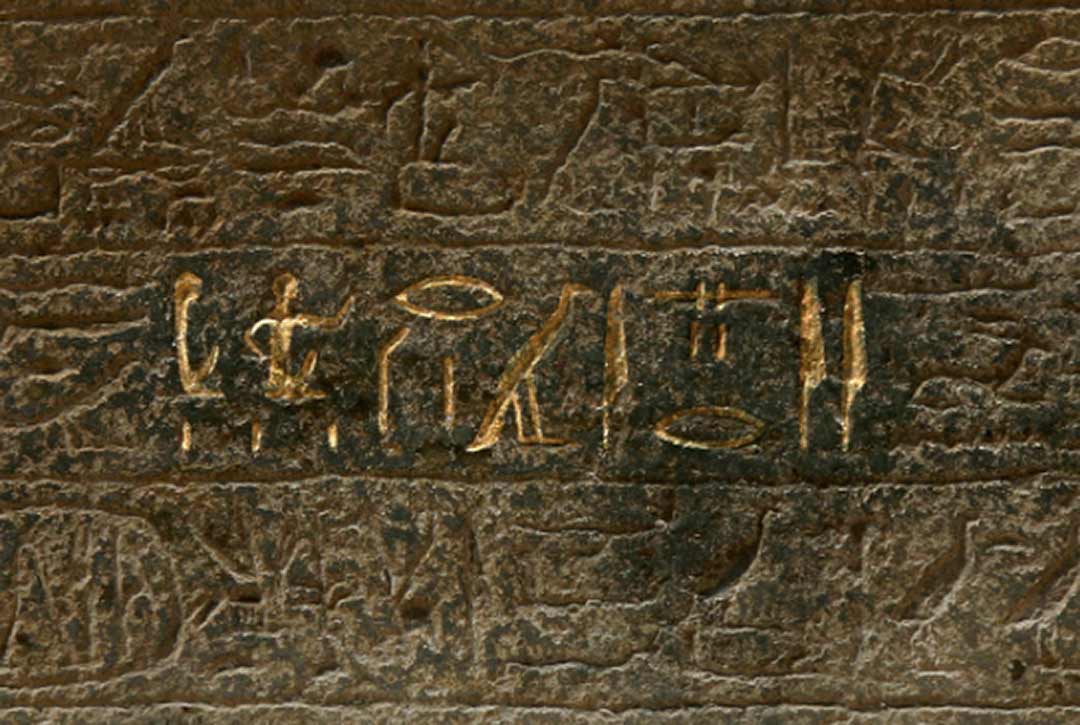
Implications and Confirmation
The discovery of the Merneptah Stele challenges the dating of the Exodus, suggesting that it occurred even earlier than the 13th century B.C.E., as affirmed in the Bible (1 Kings 6:1). The sixth chapter of Deuteronomy also supports this notion, describing how Israel inherited “great and goodly cities, which you buildedst not, And houses full of all good things, which you filledst not” (verses 10-11).
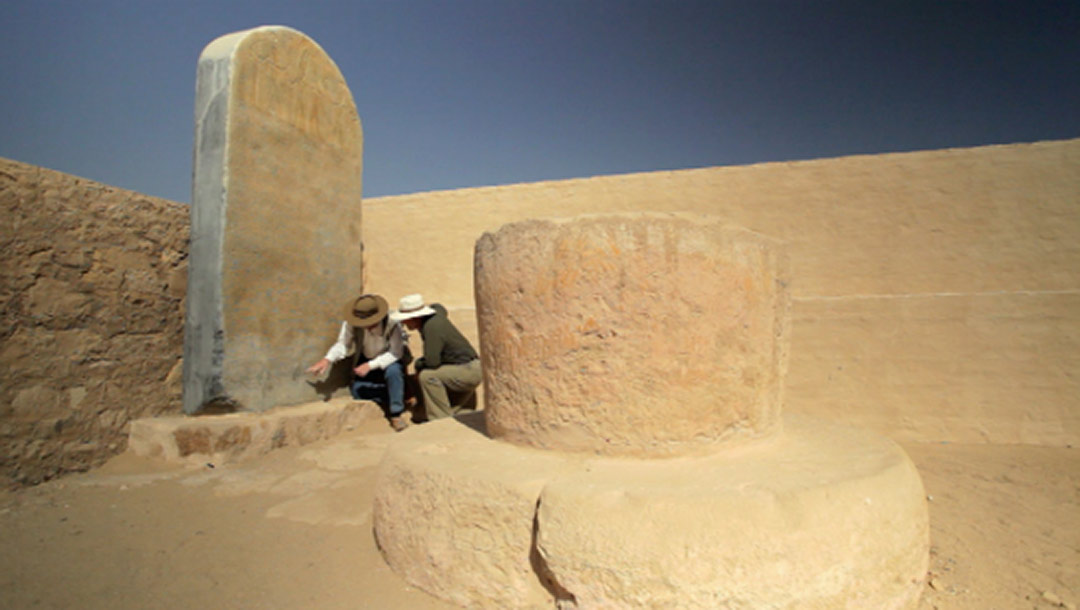
This indicates that when Israel first entered Canaan, there was no significant cultural transformation or massive construction projects. The reconstruction of cities and structures began around 1200 B.C.E., marking the start of the Iron Age in Canaan, as confirmed by leading archaeologists. This period coincides with the necessary rebuilding efforts following Pharaoh Merneptah’s campaign.
The Merneptah Stele stands as a crucial archaeological artifact, disproving the later dating of the Exodus and providing substantial evidence for the longstanding existence of Israel. The inscription’s mention of Israel as an established power during the era of Merneptah’s conquest supports the biblical account and reinforces Israel’s historical presence in the land for over 3,200 years. This remarkable discovery deepens our understanding of ancient civilizations and underscores the importance of archaeological findings in validating historical narratives.
